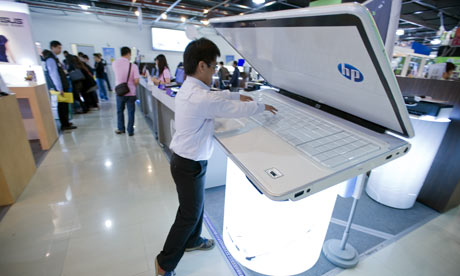CommanderFrank
Cat Can't Scratch It
- Joined
- May 9, 2000
- Messages
- 75,399
Researchers from the University of California, San Diego have found that shrinking the size of SSD’s severely affects performance. If the manufacturing process timeline remains constant, SSD’s will phase themselves out once the flash storage architecture reaches 6.5nm.
As more capacity is squeezed into the chips, the findings show, bandwidth suffers.
![[H]ard|Forum](/styles/hardforum/xenforo/logo_dark.png)
